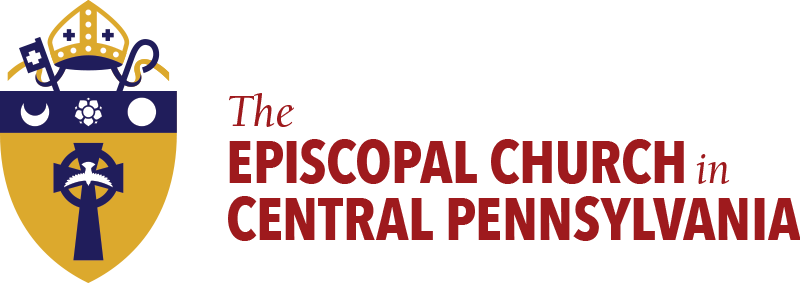Becoming Beloved Community
March 2024
The Rev. Rebecca Myers, MSW
Member, Diocesan Dismantling Racism Commission
In 2017, The Episcopal Church created sessions titled Becoming the Beloved Community. The term “beloved community” was used often by The Rev. Dr. Martin Luther King, Jr. The Episcopal Church defined it as “…the body within which all people can grow to love God and love the image of God that we find in our neighbors, in ourselves, and in creation.” I thought it might be helpful to name some ways that we can, in the course of our days, help build this community.
At a meeting of the Bishop Nathan Baxter Chapter of the Union of Black Episcopalians (UBE), a member shared her experience of getting adults, especially those of us who are White, to read children’s books based in Black culture to school students. These books were not only interesting to children, but also helped educate the adults. One way we can build the Beloved Community is to be mindful about what we are reading. If we are connected to children and youth, we can also be mindful about what they are reading. Here is one interesting website https://socialjusticebooks.org/booklists/
Unfortunately, books that are being banned from libraries are mostly those by authors of color.
My teenaged granddaughter loves to read and on a trip to the bookstore, I decided to buy her some of my favorite books by Black women. I bought her Their Eyes Were Watching God by Zora Neale Hurston; The Color Purple by Alice Walker; and The Bluest Eye by Toni Morrison.
At least one of these books was on the “banned books” table.
If we are readers, books help us to know and understand ways of living that are different from our own. They can help us to love God and love the image of God that we find in our neighbors, in ourselves, and in our creation. Do you have ways you help build the beloved community? Let us know or write one and send it to us rev.myers2013@gmail.com.
April 2024
Becoming Beloved Community
The Rev. Rebecca S. Myers, MSW
Member, Diocesan Dismantling Racism Commission
Sometimes it’s hard to know what to do.
I recently heard a young woman who is Black talk about how hard it is to be a Black woman in this society. The statistics support her statement. For instance, even with educational attainment equal or above all women, they earn less and more women who are Black live in poverty.
And the maternal mortality rate for women who are Black is appalling in the United States and getting worse. The Black maternal mortality rate rose from 55.3 deaths per 100,000 live births in 2020 to 69.9 in 2021. This is more than twice the rate for any other racial or ethnic group in the United States. A poorer quality of care and implicit bias are cited as some of the reasons for this dismal statistic.
And lest you think this has to do with money or poverty, recall that tennis star Serena Williams nearly died after giving birth to her first child. While she told those caring for her in the hospital that something was wrong, they ignored her and she nearly died from a pulmonary embolism. “No one was really listening to what I was saying,” she wrote in a piece for Elle magazine after the birth of her daughter in 2017.
So how do we create the beloved community and especially what can we who are white do? I think we can listen and believe what we hear about the experience of women who are Black. I also think great questions are:
What do you need, and how can I help?
